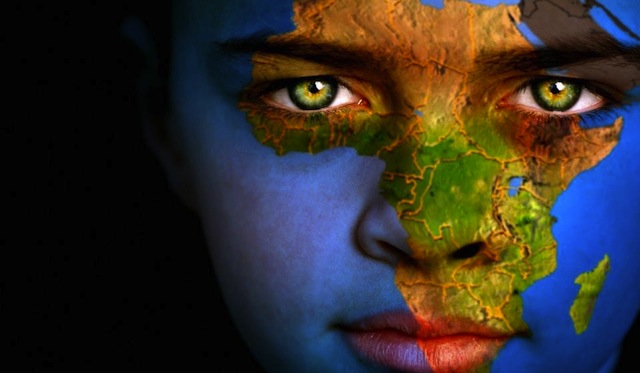
By Lane Florsheim
Last Wednesday, World Learning hosted its first ever Social Innovation Summit in San Francisco. The event awarded five young leaders with its new Advancing Leaders Fellowship.
World Learning is an international nonprofit organization that works to advance leadership through educational exchange programs. The fellowship supports the projects of World Learning alumni with training, mentoring, and $10,000 of funding.
The five fellowship recipients were chosen by a panel of judges and attendees from a pool of ten finalists. All of the fellows have created projects that take an innovative approach to address a social need, designed to be implemented in different countries around the world.
I had the chance to interview the selected fellows the day after the Social Innovation Summit about their projects and future plans.
***
MSG addresses two social needs at once: female empowerment and disease prevention. The group trains and employs local women as community water workers, who become hygiene, sanitation, and health promotion ambassadors for the community.
With the money from the fellowship, Max plans to take MSG’s work from the local to the regional level by establishing Community Resource Centers that provide the essential services of health education and disease prevention.
“Something that we’re really trying to do is develop a model that really involves the community,” said Perel-Slater. “But we also want to be very local-specific.”
***
Sneha established Nepal’s first Children’s Art Museum in Kathmandu. The Kathmandu Children’s Art Museum (KCAM) will facilitate two six-weekend art workshops on Nepali culture for children and local artists. Another part of Shrestha’s vision is the publication of books that help promote literacy. “Our goal in terms of publishing books is to make Nepali books really fun to look at””colorful and approachable,” she told me.
“More than 50 percent of the population is illiterate,” she explained. “I think the very first step is to make learning fun, and hopefully we can at least make a dent in the education system.”
***
Dizzia’s program involves a 17-point strategic plan to improve English programs, custom-tailored to each school’s resources and needs. Over the past two years, the plan has been successfully implemented in seven Santiago schools. “English and intercultural communication [go] beyond a hard skill set,” said Dizzia.
“The great thing about America is that people in the states are risk takers and believe that their destiny is ultimately to be successful,” she explained, “whereas in Chile, a lot of the people are stuck in the poverty cycle. [Learning English] opens them up to different ways of thinking and different opportunities for their lives.”
***
Her Accessible Schools campaign will buy air time on national television and radio at least once a week to advocate for schools that are accessible to persons with disabilities in order to ensure that the government takes real steps to change the building plans of schools.
The benefits of these schools are many and include positive effects on national development. “[Accessible schools will] push the country forward,” Komabu-Pomeyie said. “You go school, be a taxpayer, and be productive””rather than be on the streets begging.”
***
Traditionally, they have dealt with the impossible ultimatum of choosing between formal schooling, which would mean sacrificing their deep cultural ties to the forest, and traditional forest education, which keeps the tribe from learning the academic skills that could ultimately help them defend their rights.
Tucker’s program allows communities to achieve both kinds of learning at once by facilitating lessons in the Baka language on durable MP3 devices.
“It takes away the baggage that comes with formal education now,” she said. “There are huge human rights abuses going on, and this project would be a good first turning point. We create a specifically tailored and empowering and validating option for Baka kids.”
Lane Florsheim is a senior at Tufts University where she is studying International Relations. She loves writing and reading about culture, politics, and women’s issues. Lane delights in jewelry making, captivating novels, and travel and exploration. Her personal website is available here. Follow Lane on Twitter @laneflorsheim.
Feature Photo: Africa One Day